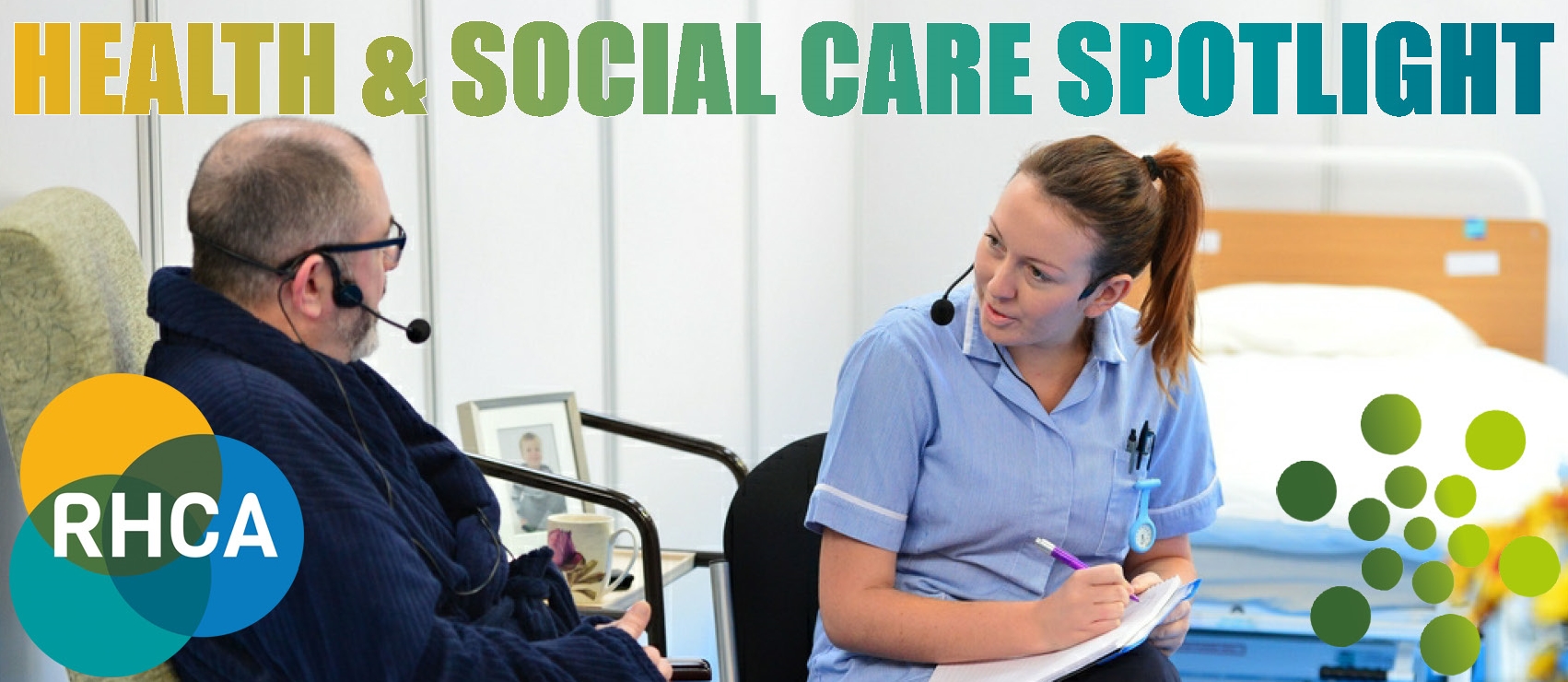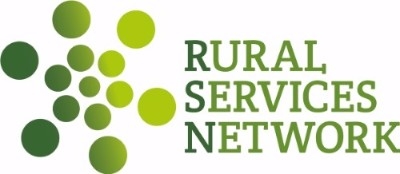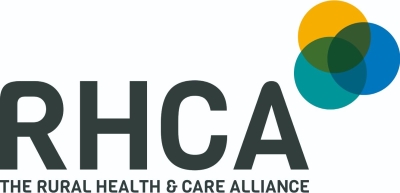T: 01822 851370 E: [email protected]
Visit RSN Survey about life in rural England to find out more.
Health and Social Care Spotlight - May 2020

This newsletter on rural health is provided for the RSN and the Rural Health and Care Alliance
It includes a roundup of rural health news, research, learning and best practice. If you have any information you wish to share with other members of the Alliance or case studies that you think others would benefit from, please let us know!
Please forward to colleagues if they are interested in rural health
|
Kerry Booth - Rural Services Network Assistant Chief Executive |
Stay at home – Government Advice
|
|
News stories that have been featured on our rsnonline.org.uk website include: Water companies step up action to help customers in need RSN make contact with Government regarding the covid-19 exit strategy and the implications for rural communities Families in parts of rural England say they are totally dependent on volunteers delivering food during the coronavirus crisis Chancellor sets out extra 750 million coronavirus funding for frontline charities
Charities across the UK will receive a £750 million package of support to ensure they can continue their vital work during the coronavirus outbreak, Chancellor Rishi Sunak announced today (Wednesday 8 April). Government pledges extra £1.6 Billion for Councils |
|
RSN provide a range of opportunities for colleagues to come together to discuss issues affecting rural health. |
|
Rural Public Health Funding Outliers or Trendsetters - Are ‘anchor ‘organisations sticking to rural communities? Whitehall updates the Index of Multiple Deprivation The RSN's Observatory is the place to discover the statistics behind key issues facing rural communities in England, issues that the RSN is striving to highlight and tackle through its work. The Observatory is additionally a great place to understand the numbers that define the communities within our membership through an expanding group of analyses, with this body of work soon to be given its own area on the RSN website called Member Insights & Analysis. |
|
Plea for restraint as rural areas inundated with visitors escaping Covid-19 Staffordshire coronavirus care home deaths almost as high as hospital toll Drone to door medicines trial takes place in Ireland |
|
The Chair of the Rural Services Network, Councillor Cecilia Motley, has written an article for the Local Government First Magazine published this month highlighting key issues for rural communities during lockdown. It highlights the issues the lack of broadband and connectivity can bring for rural communities during lockdown and considers the ways in which the rural economy may be adversely affected by lockdown. |
|
The Rural Services Network is receiving almost daily stories of the ways in which rural communities are supporting each other and their vulnerable communities during lockdown, we have been publishing 10 of these each week and you can view them here |
|
Focus on Young Somerset – 24/7 Mental Health Helpline
|
|
More and more organisations are finding alternative ways to reach out to people struggling with their mental health during lockdown and help people become more active at home. |
 |
What is the Rural Services Network?RSN is a membership organisation and the national champion for rural services, ensuring that people in rural areas have a strong voice. We are fighting for a fair deal for rural communities to maintain their social and economic viability for the benefit of the nation as a whole. Our membership includes over 120 Local Authorities and over 170 rural service provider organisations. |
 |
What is the Rural Health and Care Alliance?The Rural Health & Care Alliance is a membership organisation dedicated to providing news, information, innovation and best practice to those delivering and interested in rural health and care. It has been established through a partnership between the National Centre for Rural Health and Care and the Rural Services Network (RSN) and is affiliated to both the National Centre and the RSN. Members will be kept informed of the National Centre’s activity and the related activity of the RSN on rural health and care and have the opportunity to influence both organisations’ work. |










